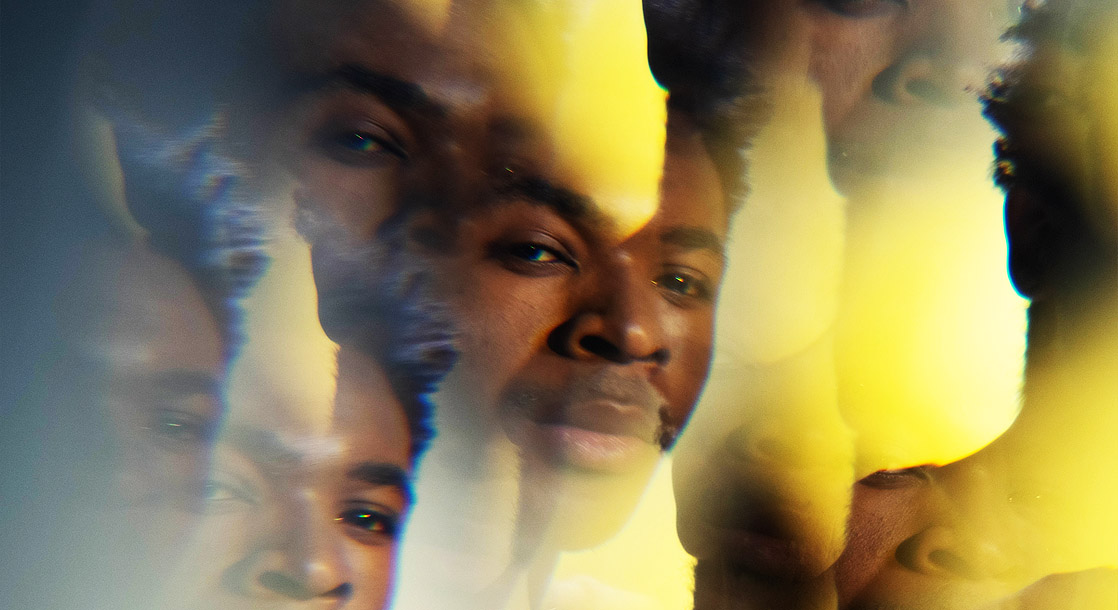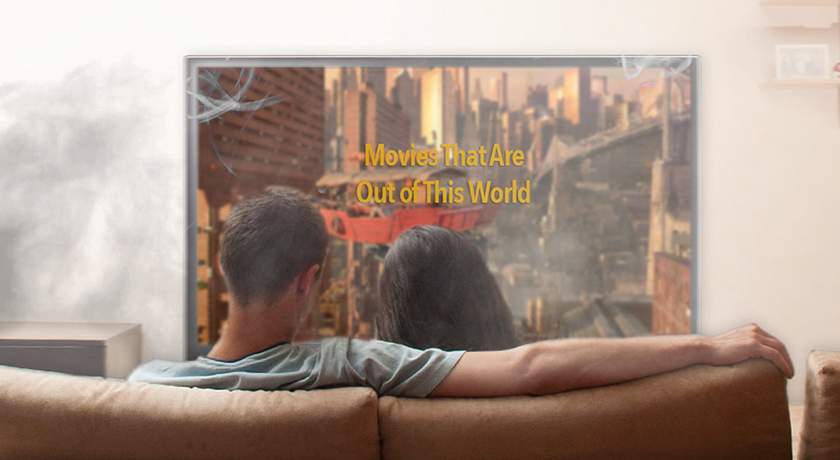Fewer than 10% of psychedelic research study subjects experience flashbacks after taking LSD or psilocybin, PsyPost reports.
These findings are sourced from a unique study exploring the poorly-understood phenomena of psychedelics-induced flashbacks. Unlike other drugs, the psychoactive effects of psychedelics can spontaneously reoccur days or months after the initial dose wears off. These recurring effects can include perceptual alterations, mood changes, or feelings of depersonalization, but these strange sensations often fade within minutes.
These unusual experiences usually only occur once or twice ever, but in some rare cases they can reoccur persistently for years. Psychiatrists have even come up with a name for this phenomenon: hallucinogen-persisting perception disorder (HPPD). This official diagnosis only applies to people who experience significant distress or impairment as a result of persistent flashbacks, though.
Anecdotal reports and media portrayals suggest that acid flashbacks are common, but relatively few research studies have explored exactly how common. And now that research into the therapeutic use of psychedelics is expanding, the need to understand these phenomena is becoming even more critical. To shed more light on the matter, a team of Swiss and German researchers conducted a new study investigating how often participants of psychedelic research studies actually experience flashbacks.
“Overall, current knowledge with regard to flashback phenomena and HPPD is very limited and mostly based on case reports and naturalistic studies,” the study’s authors, published in the Psychopharmacology journal, explain. “However, flashbacks are assumed to be among the most relevant side effects of hallucinogenic drugs. Given the renewed scientific interest to use these compounds in clinical trials and as potential therapeutic agents … these phenomena should be investigated more carefully.”
The researchers started off by collecting data from six prior placebo-controlled psychedelic research experiments. These experiments enrolled 142 subjects, including 90 participants who received LSD, 24 who received psilocybin, and 28 who took both drugs. In follow-up visits scheduled after the original experiments, each subject was asked if they experienced flashbacks or other persisting psychoactive effects after completing the trials.
At the completion of the original studies, only 13 participants (9.2%) reported having flashbacks. In ten of these cases, the subjects described their experiences as either neutral or positive. One subject reported having brief unpleasant flashbacks for four days after taking LSD, and another subject had a single distressing flashback 17 days after taking psilocybin. These two subjects said these unpleasant flashbacks did not impair their daily lives or have any lasting negative impact, however.
In an additional follow-up study, the researchers reached out to the participants of the initial experiments and asked if they were still experiencing flashbacks. One participant said that she had about 30 additional flashbacks for 7 months after taking LSD, but these experiences were so brief and minor that they did not interfere with her daily life. No other subjects experienced recurring flashbacks, and not one of the 142 subjects met the criteria for HPPD at any point in the study.
“Drug-like experiences after the administration of LSD and psilocybin seem to be a relatively common phenomenon in clinical trials with healthy participants,” the researchers concluded. “However, the flashback phenomena observed in this study were transient, mostly experienced as benign and did not impair daily life.”
“Overall, 1.4% of the subjects participating in our trials reported distressing experiences related to flashback phenomena and these conditions did not require treatment. No cases of HPPD according to DSM-V criteria occurred in our sample,” the authors added. “Our data suggests that flashbacks are not a clinically relevant problem in controlled studies with healthy participants.”
Cover image via











